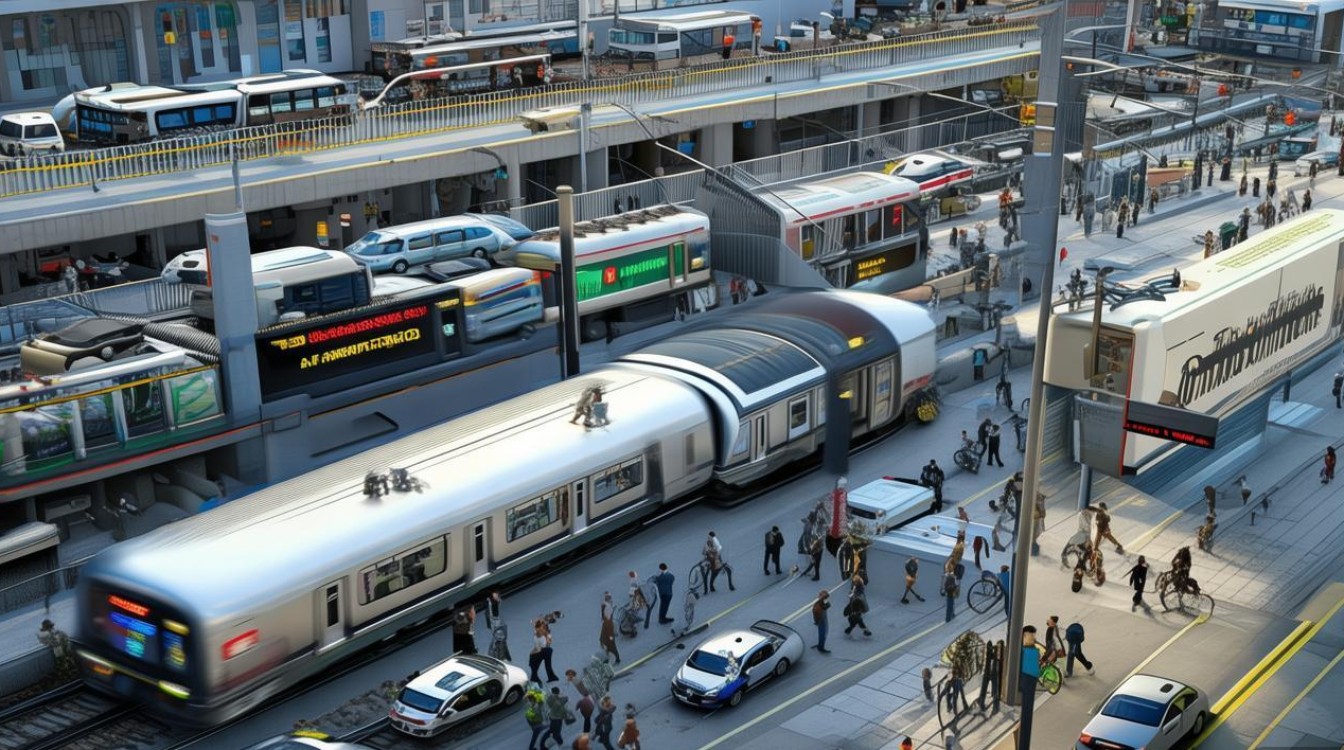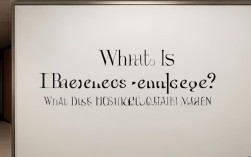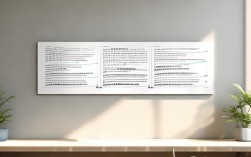Transportation口语
在日常生活中,"transportation"是一个高频词汇,它不仅指代交通工具本身,还涵盖了与出行相关的各类话题,无论是日常通勤、长途旅行,还是讨论交通系统的优缺点,掌握与transportation相关的口语表达都能让交流更加流畅自然,本文将从日常对话、交通方式选择、常见问题讨论及实用表达四个方面,详细解析transportation口语的应用。

日常对话中的transportation口语
在英语口语中,transportation常出现在以下场景:
-
询问出行方式
- "How do you get to work every day?"(你每天怎么上班?)
- "I usually take the subway, but sometimes I drive if the weather is bad."(我通常坐地铁,但如果天气不好我会开车。)
-
讨论交通状况
- "The traffic was terrible this morning. It took me an hour to get here!"(今天早上的交通太糟糕了,我花了一个小时才到!)
- "Yeah, rush hour is always a nightmare. Public transportation is a better option."(是啊,高峰期简直是噩梦,公共交通是更好的选择。)
-
计划行程
- "What’s the best way to get to the airport from downtown?"(从市中心去机场的最佳方式是什么?)
- "You can take the Airport Express train; it’s fast and convenient."(你可以乘坐机场快线,既快又方便。)
交通方式选择的表达
选择交通方式时,人们常会考虑时间、成本、舒适度等因素,以下是相关口语表达:
| 交通方式 | 常用表达 |
|---|---|
| 公共交通 | "I prefer taking the bus because it’s cheaper."(我更喜欢坐公交车,因为更便宜。) |
| 自驾 | "Driving gives me more flexibility, but parking is a headache."(开车更灵活,但停车很麻烦。) |
| 打车/网约车 | "Ridesharing apps like Uber make it easy to get around."(Uber这样的打车软件让出行更方便。) |
| 骑行 | "Cycling is eco-friendly and good for exercise."(骑行环保且有益健康。) |
| 步行 | "The distance is short, so I just walk."(距离不远,所以我直接走过去。) |
讨论交通问题的口语
交通拥堵、延误、票价等问题是日常讨论的热点:
-
交通拥堵
- "The city needs better public transportation to reduce traffic jams."(这座城市需要更好的公共交通来减少拥堵。)
- "More bike lanes would encourage people to cycle instead of driving."(增加自行车道会鼓励人们骑车而不是开车。)
-
交通延误
- "My flight was delayed by three hours due to bad weather."(由于天气不好,我的航班延误了三个小时。)
- "The train is running late today. I might be late for the meeting."(今天火车晚点了,我可能会开会迟到。)
-
交通费用
- "Gas prices have gone up, so driving is more expensive now."(汽油价格上涨了,现在开车更贵了。)
- "A monthly subway pass saves money if you commute daily."(如果你每天通勤,月票更划算。)
实用口语表达
以下是一些与transportation相关的实用短语:
- 问路:"Excuse me, could you tell me how to get to the nearest subway station?"(打扰一下,您能告诉我怎么去最近的地铁站吗?)
- 建议路线:"Take Bus No. 5 and get off at the third stop."(乘坐5路公交车,在第三站下车。)
- 描述距离:"It’s about a 20-minute walk from here."(从这里步行大约20分钟。)
- 紧急情况:"I missed my last train. Is there another one tonight?"(我错过了末班车,今晚还有别的车吗?)
FAQs
如何用英语自然地询问他人常用的交通方式?
可以问:"What’s your usual mode of transportation?"或"How do you typically get around?"(你通常怎么出行?)回答时可以说:"I usually take the bus/metro"或"I prefer driving/cycling"(我通常坐公交/地铁,或我更喜欢开车/骑车)。
如何用英语表达对交通状况的不满?
可以说:"The traffic is awful today!"(今天交通太糟糕了!)或"I’m stuck in a massive jam."(我堵在大堵车里了。)如果想委婉表达,可以说:"Public transportation could be more reliable."(公共交通的可靠性可以更高一些。)











